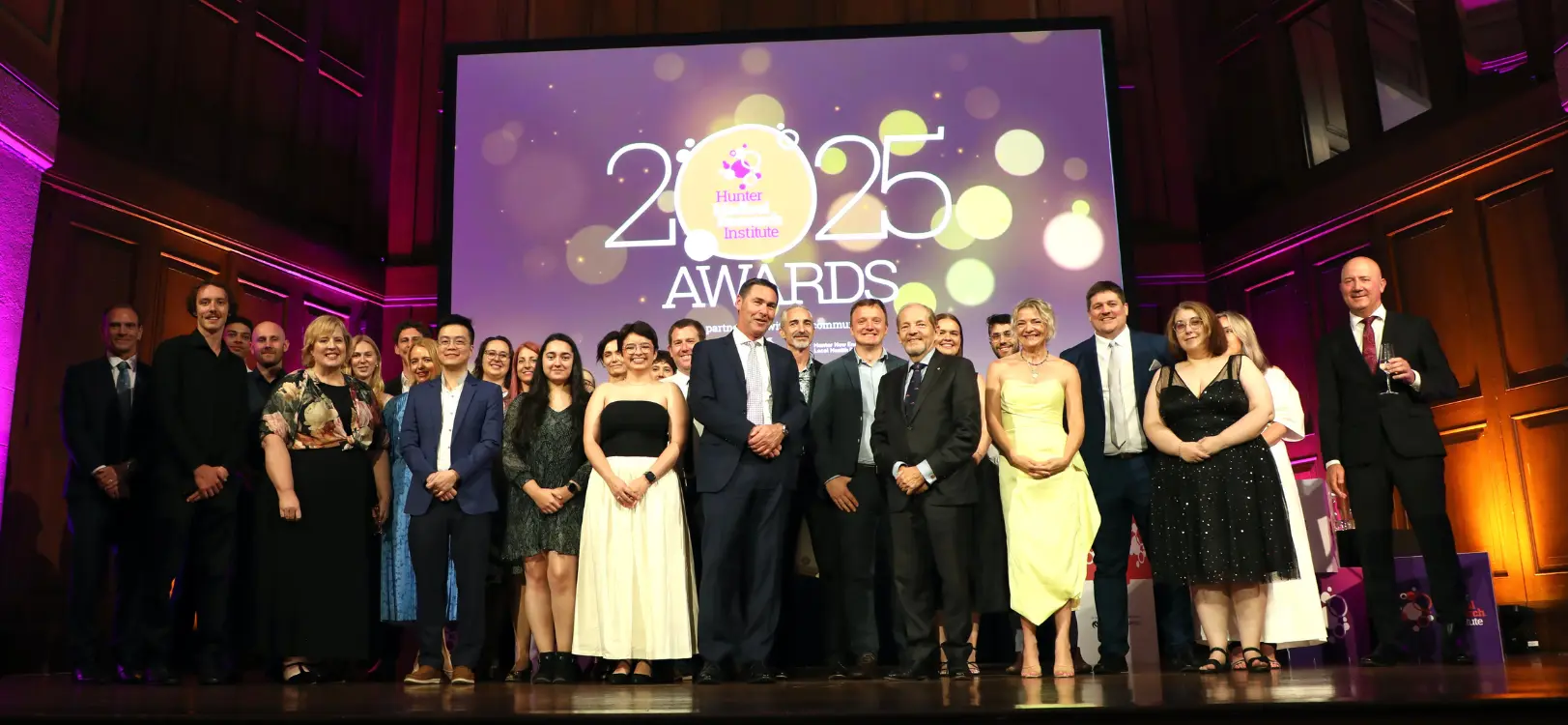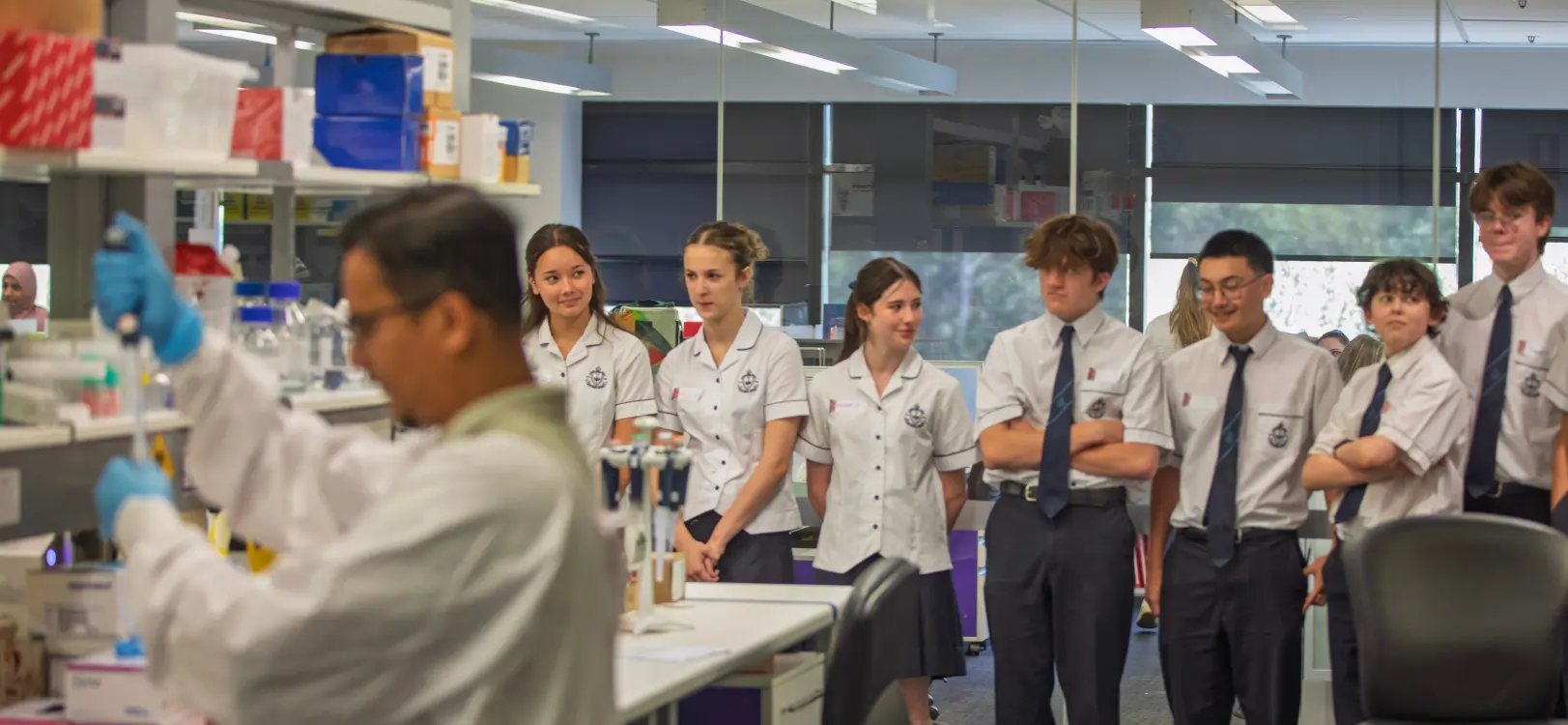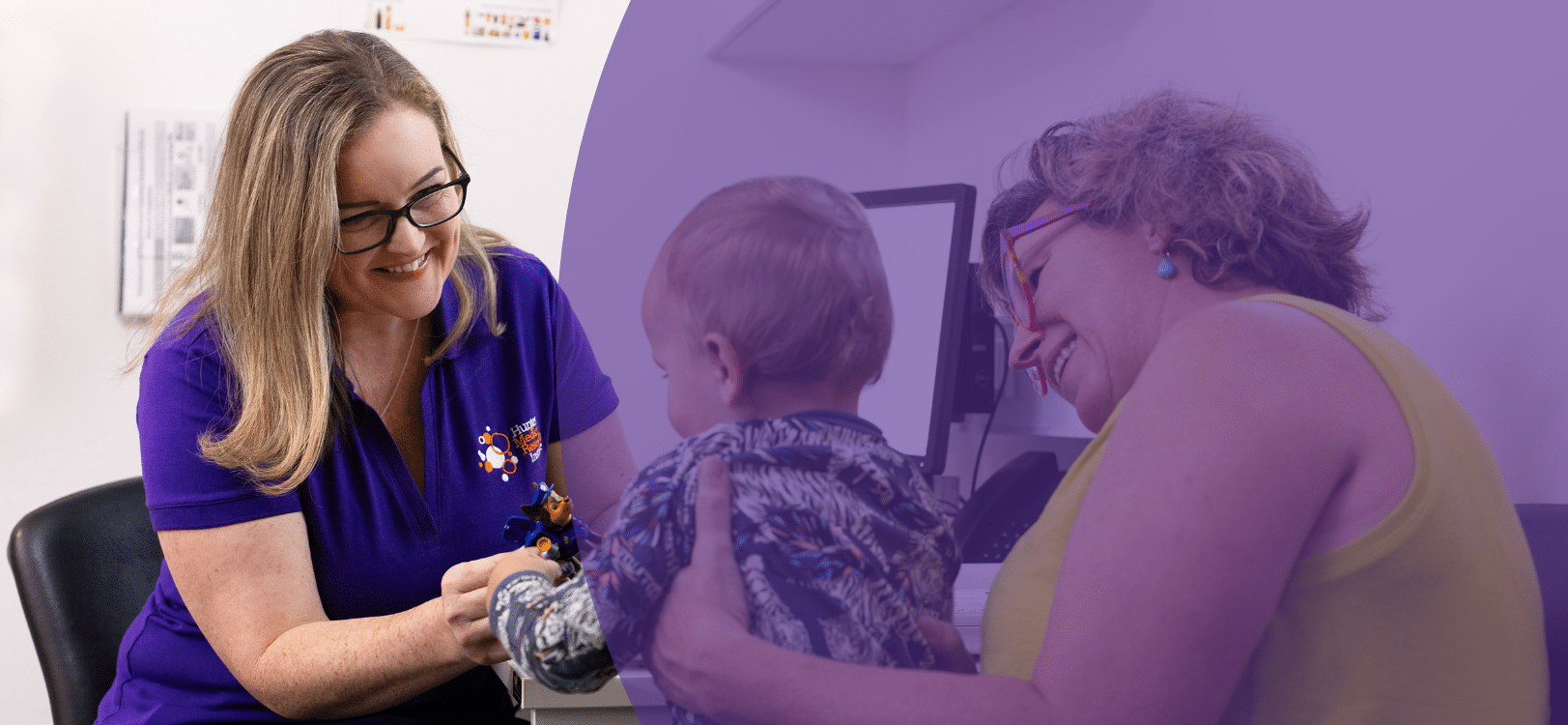Professor Mitch Duncan is a Professor in the School of Medicine and Public Health at the University of Newcastle where he established and now leads the Activity-Sleep Health Group.
Professor Duncan’s research is focused on understanding the interactions between physical activity and sleep and how they impact cardiometabolic and mental health, and also the development and testing of digital interventions to improve these behaviours.
Throughout their career they have published over 240 articles and secured funding from multiple sources including the NHMRC, MRFF, Diabetes Australia, National Heart Foundation and the Australian Research Council.








